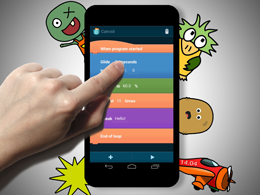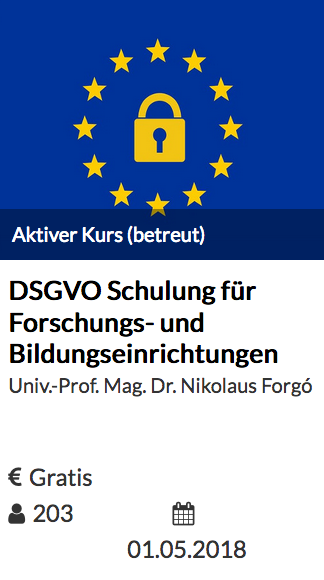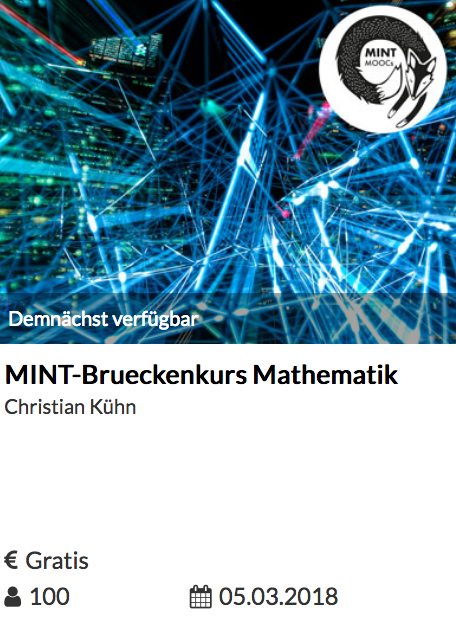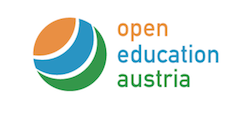Our publication about „Orthography Training with IDeRBlog-an Open Educational Resources Practice“ at this year Open Education Global Conference in Delft got published right now.
Abstract:
The article depicts the blogging platform IDeRBlog as an example of an Open Educational Resources Practice. The exercise databases of IDeRBlog are focussed in the context of orthography training. After briefly outlining Open Educational Resources an overview on how the exercises were researched and reviewed according to an established quality framework is given. This is followed by the Analysis of missing exercises and the creation of IDeRBlog exercises by the project team.
[Link to article @ ResearchGate]
[Link to article @ Conference Proceeding Database]
Reference: Gros, M., Aspalter, C., Ebner, M., Ebner, M., Steinhauer, N., Adolph, H., Ankner, L., Biermeier, S., Cormann, M., Edtstadler, K., Ernst, S., Gabriel, S., Goor, G., Huppertz, A., Irmag, K., Leitner, P., Martich, S., Taraghi, B., Ullmann, M. & Wintschnig, M. (2018) Orthography Training with IDeRBlog-an Open Educational Resources Practice. In: Open Education Global Conference 2018: OEGlobal2018. Van Valkenburg, W. & Schuwer, R. (Hrsg.). Delft University of Technology, 5 S.






